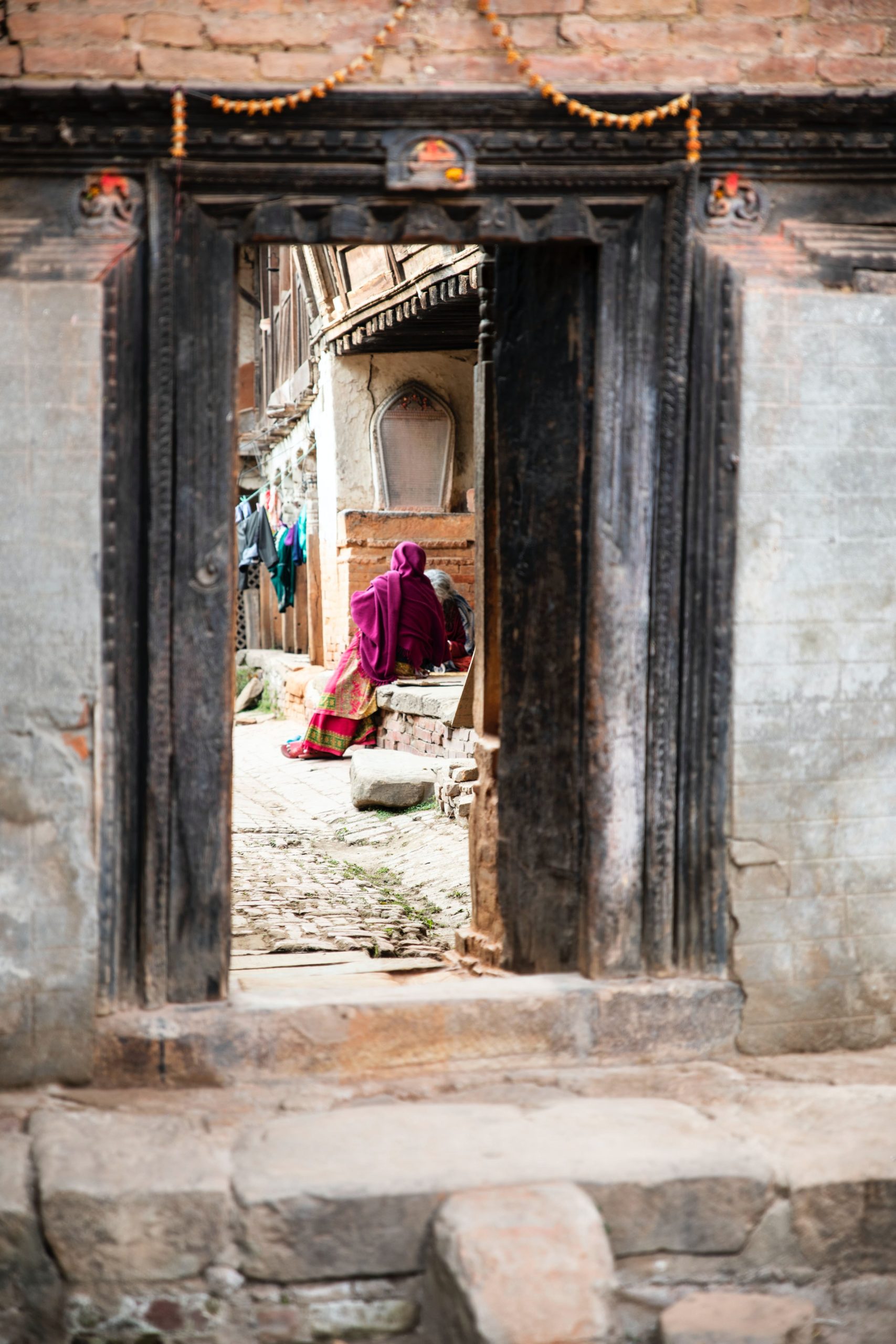Five women from Nepal and India who had been trafficked into the country were repatriated to their home countries this week.
The three Nepali and two Indian women – all in their 20s – were repatriated on Wednesday.
This comes after a charity – HAART Kenya – sued the Kenyan government last week over failure to provide the sex trafficking victims with appropriate care and protection after their rescue from a bar in Nairobi.
The anti-trafficking charity argued that since being rescued in August, the welfare of the women had been “neglected” and that forcing them to stay and testify caused them psychological harm.
“First of all, during the rescue, there was not enough insistence on the privacy of the victims,” said Radoslaw Malinowski, the founder and CEO of HAART.
“The case was actually filmed by the media. The victims have their own needs – security, shelter etc – which were not met. Victims also need to have a reasonable time to either remain (in the country), if that’s allowed, or be repatriated. This case was in August, we’re now in December,” he added.
After the petition, Justice Weldon Korir ordered the government to meet the costs of safe repartition of the victims, including flight fees and issuing necessary travel documents.
The charity said the decision to make the women key witnesses in the case, and testify against their alleged traffickers, had impacted their mental health.
“They were not given any information on the process of the prosecution and what would happen to them. That is not what victims need,” says Malinowski.
“They need good protection.”
Sophie Otiende, HAART”s programme consultant, told Reuters the women had become “deeply” traumatised, suicidal and some had been hospitalised.
HAART accused the government of violating anti-trafficking laws which gives victims a right to privacy and safe repatriation.
Following the raid at a bar in Parklands, the five women were placed in a safe house for four months. The law says this expense is shouldered by the State, but HAART says it covered the fees.
In addition to repatriation, the charity will also be paid more than Sh1.3 million expenses used to take care of the victims.
In 2010, the Counter-Trafficking in Persons Act came into effect, which established a ‘National Trust Fund’ for victims of trafficking. The money, which is generated from investments and donations, is intended to be used for expenses “arising out of assistance to victims of trafficking.”
This is the first time victims assisted by HAART have received “any support” from the Trust Fund, says Malinowski, although it was through a court order.
“But it’s also not just about the money,” he says.
“Kenyan law is very comprehensive when it comes to addressing the issue of human trafficking – it gives mechanisms and tools to the government. Unfortunately, those mechanisms and tools need to be fully implemented and operational. It is the government who has the mandate and power to fight trafficking.”
Last week, Reuters reported that government officials had denied a “lack of care” and said “no request for funds” had been received.
“We have received requests from other charities which are being considered. If HAART approached us, we would of course consider providing funds for these victims,” said Elizabeth Mbuka, Head of the Counter Trafficking in Persons Secretariat.
The Daily Nation has reached out to the State Department for Social Protection for further comment.
Early this year, reports surfaced that an increasing number of women and girls were leaving Nepal, India and Pakistan to work in Bollywood-style dance bars (known as mujra) in Kenya.
According to Al Jazeera news agency, many entered the country illegally and while there is no official data, police raids and repatriation figures suggest swathes of women and underage girls are trafficked from South Asia to Kenya.



